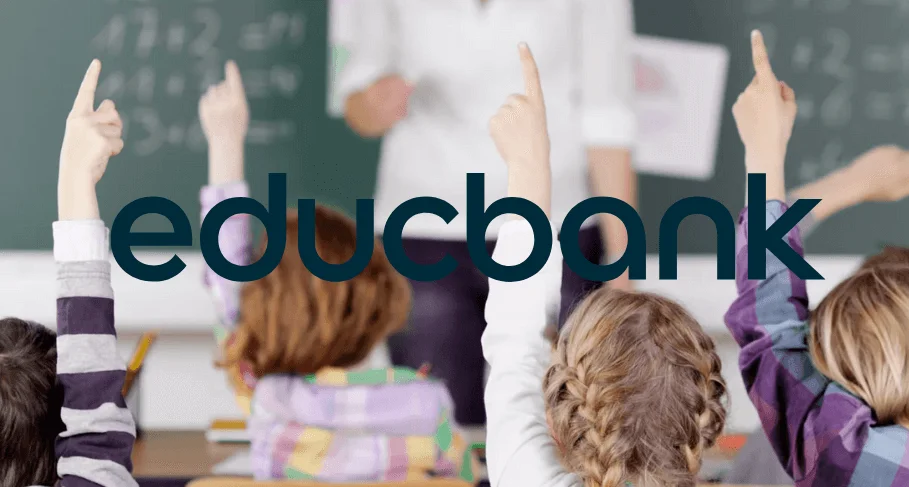Educbank, a Brazilian educational technology company, recently raised $14.5M by issuing corporate bonds. The issuance, fully securitized in school fees, was structured by Travessia. The company raised a $35M Series A round in 2022 and a $14.2M round in 2023.
Educbank was founded by Danilo Costa, a nonconformist who has been fighting for years to promote access to quality education in Brazil. Danilo Costa, the grandson of teachers, has long dreamed of increasing access to quality basic education in the country. He pioneered the concept of full-time low-cost schools in the country, which many groups in the sector adopted and now serve thousands of families throughout numerous states in Brazil. Danilo has made considerable investments in the industry and created Educbank in 2020. He also serves as an ambassador for entrepreneurship and innovation for the London School of Economics (LSE) in Brazil.
Speaking about the development, Caio Noronha, Co-founder and CEO of Educbank, said:
We are very pleased to see how our commitment, focus, and strategic vision have generated confidence in the capital market, enabling us to access the market consistently and in a healthy manner (…). After several milestones and trials, the thesis has proven relevant and profitable, with growing interest in our solution.
Educbank offers access to capital for K-12 Brazilian schools through funding lines, provides consultancy services, and subsidizes systems like ERPs and Learning Management Systems (LMS). The platform recognizes that each school has unique characteristics and demands. As a result, prices are negotiated on an individual basis, and each institution’s financial situation is taken into account. Its financial assistance is aimed at fundamental education institutions with a minimum enrollment of 100 students.
According to Educbank, a school’s relationships with students and families are among its most valuable resources. In light of this, the company avoided interfering in this relationship by not making any requests or contacting anyone. The firm will only be able to get in touch with a financial guardian if the student who is in default has severed their relationship with the school and is no longer enrolled.
The startup will use the funds for its “guaranteed income” product, allowing schools to receive tuition fees even in case of default.
